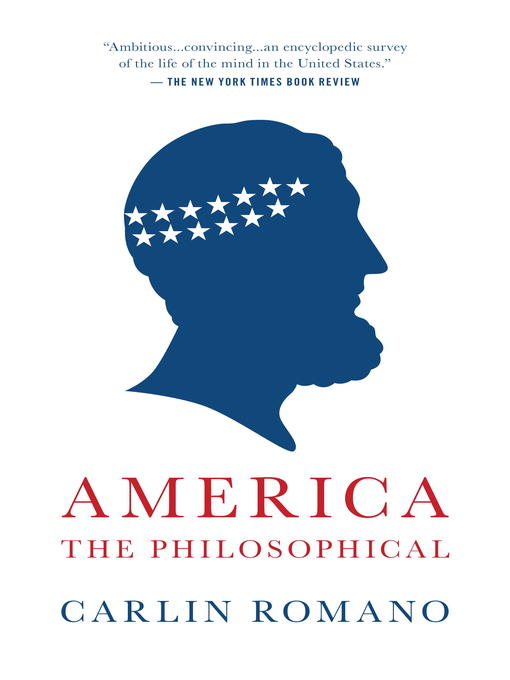- Youth Writing Contest
- Kids eBooks - Available Now!
- Just Added - Kids eBooks
- Social and Emotional Learning (All Ages)
- Newbery Medal & Honor Titles
- Caldecott Medal and Honor Books
- Decodable A
- Decodable B
- Decodable C
- Classroom Reads - Elementary and Middle Grades
- See all ebooks collections
- Kids Audiobooks - Available Now!
- Just Added - Kids Audio
- Imaginative Stories to Listen (for Kids) - Available Now
- Mystery Stories To Listen To ... for Kids
- Classroom Reads - Elementary and Middle Grades
- See all audiobooks collections




